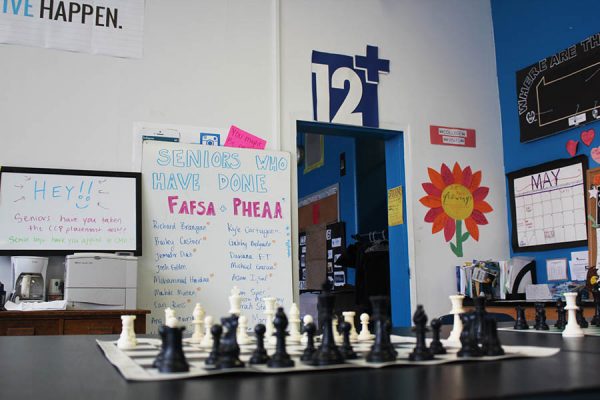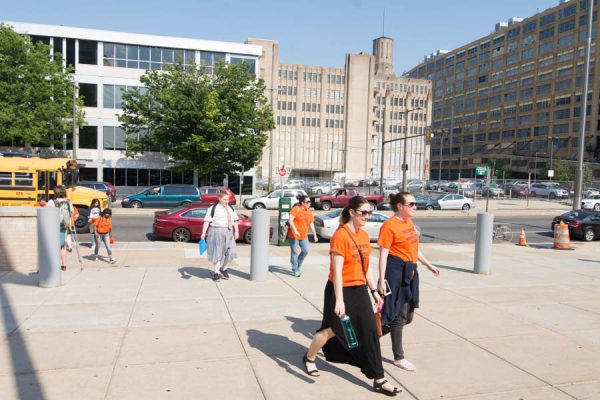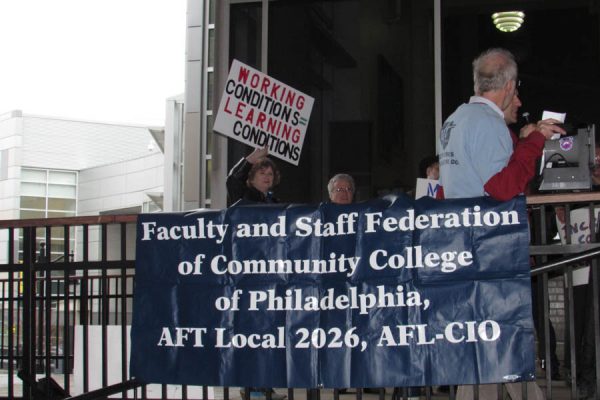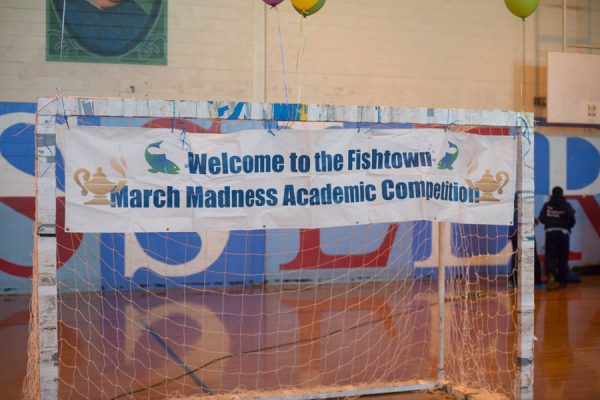Education: Five New Charters Schools for Philadelphia, None Approved In Port Richmond
Amid intense pressure from both sides of the debate, the Philadelphia School Reform Commission took, what some would see as, the middle road. The SRC approved five new charter schools from among the 39 applications at the end of a tumultuous meeting last Wednesday evening which was filled with protests and arrests. These new schools are the first traditional charter schools to be approved in Philadelphia since 2007.
At the meeting it was revealed that both organizations who submitted full applications for the open charter school spot in the 19134 zip code, String Theory Academy Schools and American Paradigm Schools, were denied approval from the SRC, leaving no new charter in Port Richmond.
This comes much to the dismay of Jurate Krokys, CEO of American Paradigm Schools. Krokys sees five charter schools being approved in other areas of the city as a step forward but not the amount of progress as she believes is necessary.
“What it doesn’t do, though, is address the severe needs of the Philadelphia School District to raise the level of quality schools for kids across the board,” said Krokys.
Charlie Mcgeehan, a former charter school teacher, current Philadelphia public school teacher and a member of the caucus of Working Educators for the Federation of Teachers Union, had different feelings about the five charters that were approved.
“I was happy they approved five,” Mcgeehan said, “but I still see five as too many. Working in a neighborhood school, I don’t see that the district is in a position right now to afford any more charter schools, let alone five.”
Mary D’Anella, spokeswoman for String Theory Schools, feels as though charters provide an important choice to parents everywhere and is disappointed that the SRC decided not to approve a new school in Port Richmond, her own school in particular.
“We are disappointed and at this point are looking to see what the School District’s reason for the decision was,” said D’Anella.
One of the five members of the SRC, Commissioner Marjorie Neff, did reveal her reasoning for not voting for a single charter school to be approved in all of Philadelphia in a report published on Philly.com last week. She sighted a lack of the quality in the applications as her reasoning.
“There were deficiencies in all of them,” Neff said.
Mcgeehan feels Neff was right to deny the charters and sees the SRC as having a distinct responsibility to deny charter schools based on the information the commision has reviewed. In addition Mcgeehan feels that charter schools generally lack oversight and are hindered by not having a true connection to the Philadelphia School District.
“Having been a teacher in charter schools and in district schools, I do not see charter schools as really being connected to the district in any way, other than every three to five years they have to go to the district and ask if they can continue to stay open,” said Mcgeehan. “So as we are giving out these schools, what we are losing is a system of schools that work.”
Krokys points out there are bad charter schools just as there are bad public schools but believes the main element being lost in the SRC’s decision is what children in neighborhoods like Port Richmond are losing in terms of a viable educational option for the community.
“They certainly recognized 19134 as an area in need of a charter school. So what is the SRC’s answer to this?” said Krokys. “The school district and the state have to be responsible for each and every one of their kids. Each child has the right to a quality education whatever form that may take; whether it’s public, public charter, faith-based or independent.”
Mcgeehan feels that using the valuable resources of the district the SRC and school charter office in order to review 39 charter school applications and spend time approving five of them is a waste of time. It is the only another distraction from what he sees as substantive issues that need each of these school government bodies’ attention to be resolved.
“I just don’t see opening new charter schools as furthering the discussion we need to have,” Mcgeehan said, “which is, what are these charter schools doing that we can bring into district schools? What is working in district schools that can be brought into charter schools?”
“Will what’s working in these schools actually become more successful and be supported in the way it needs to be supported to do that? I do think time will tell.”








